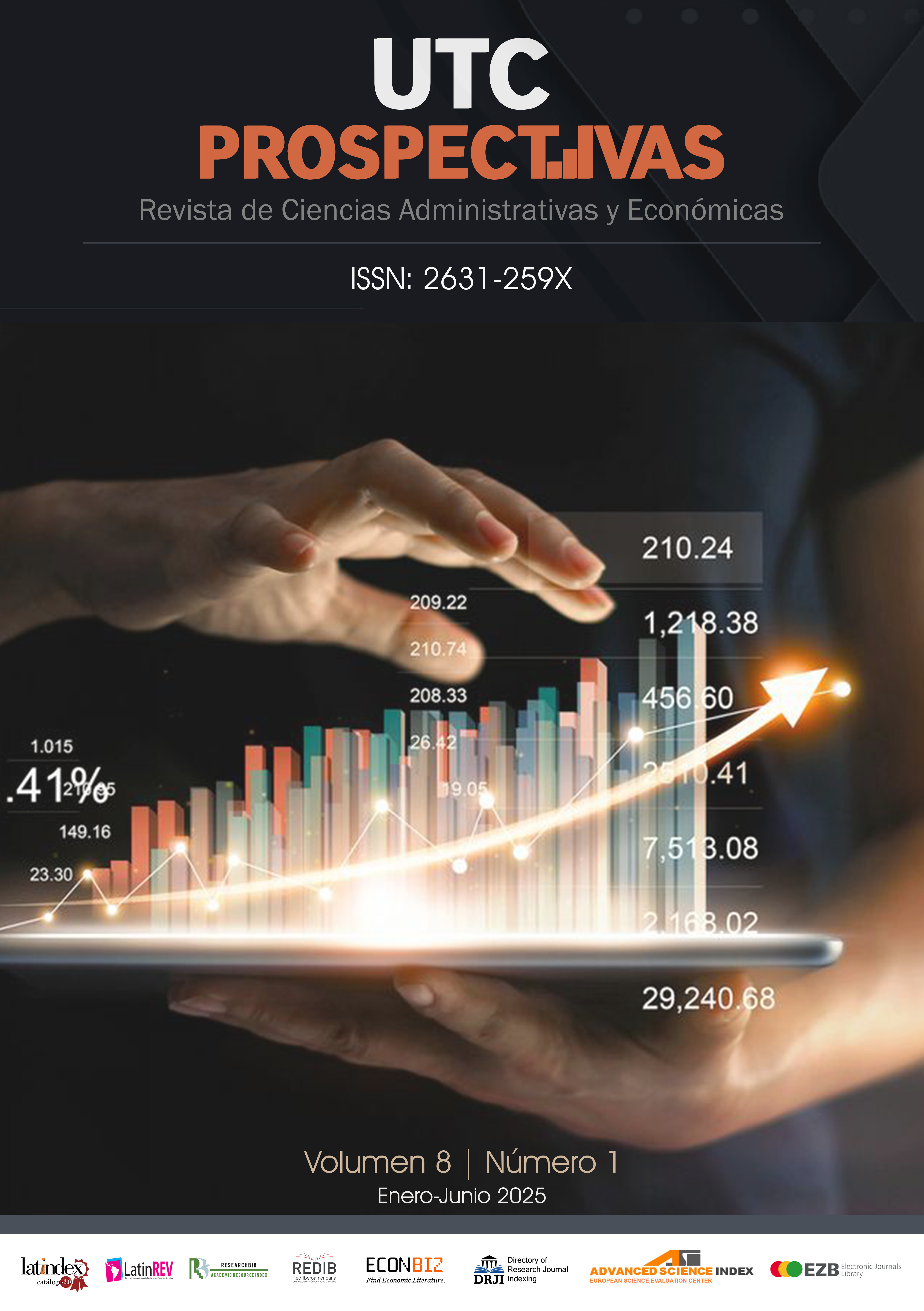Impact of fiscal policies on the reactivation of tourism: A study in Zone 3 of Ecuador (2019 – 2022)
Abstract
The tourism sector in Ecuador’s Zone 3 faced significant challenges following the national strike and the COVID 19 pandemic, which resulted in a significant decrease in its revenues and contributions to public spending. In this context, fiscal policies implemented by the Ecuadorian government became tools to stabilize the economy, foster competitiveness and promote the development of tourism enterprises. This research analyzes the effectiveness of these policies and their impact on the tourism sector, using a mixed approach that combines quantitative and qualitative data. Data related to income from tourism activities (lodging, tourism operations, food and beverages), provided by public entities, were evaluated using MINITAB statistical software. It was identified that fiscal measures generated diverse impacts; in the first period without fiscal policies there was no significant effect; subsequently, the VAT refund strengthened lodging, the fiscal regulation benefited food and beverages, the extension of deadlines had an impact on travel agencies, and the reduced VAT rates had limited effects on tourism operations. These findings point to the importance of designing tax policies tailored to the specific needs of each tourism sub-sector.
Downloads
Copyright (c) 2025 UTC Prospectivas: Revista de Ciencias Administrativas y Económicas

This work is licensed under a Creative Commons Attribution 4.0 International License.
Los autores tienen derechos exclusivos sobre el trabajo publicado.
La revista tiene acceso libre. Los artículos pueden leerse, descargarse, copiarse, distribuirse, imprimirse y hacer referencia al texto completo con atribución, sin ninguna restricción, siempre y cuando se brinde los créditos correspodnientes al material de origen.
This journal is licensed under CC BY 4.0















